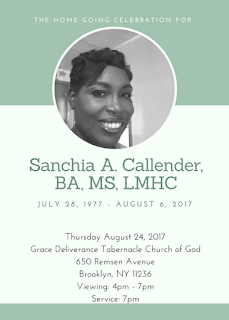Communion
We've been reading through 1 and 2 Corinthians for the last several months. Some time back we went through 1 Corinthians 11:17-34. The passages from the 1 Corinthians NIV application commentary on these verses have stuck with me. Here are some excerpts for you to discuss amongst yourselves.
The Lord's supper, designed precisely to foster Christian unity, not only divided the Corinthians but has divided believers ever since. Early and medieval Roman Catholicism developed elaborate doctrines of transubstantiation (the bread and wine literally, though invisibly, turn into Christ's body and blood) and incomplete sacrifice (the Eucharist or mass completes the atoning work that Christ left incomplete), which went far beyond and even contradicted the explicit teaching of Scripture. Whereas the Protestant Reformers sharply broke with many Catholic practices, Lutheran and Anglican traditions at least remained quite similar with respect to Communion. Luther's doctrine of consubstantiation saw Christ's body and blood "really present in, with and under the wine." Zwingli and the so-called radical Reformers swung the pendulum to the opposite extreme, seeing nothing but the memorializing aspect of the Lord's Supper. Calvinism and Methodism may have captured the best balance by perceiving a special spiritual presence evoked by the powerful symbolism of the elements, but even they often carried the debate far beyond terrain that the Scriptures clearly cover.
Yet the controversial issues go well beyond those of the relationship of the bread and wine to Christ's body and blood and of a complete or incomplete atonement, though those have certainly been the most crucial. Almost every denomination has its distinctive traditions for how to perform the ritual: what if any liturgy to use in accompaniment, who may participate, who may distribute the elements, what form of food and drink is used, and so on. Often Paul's threats of judgment have been unleashed on anyone who disagrees with one denomination's unique traditions. In so doing, many Christians have entirely missed the real meaning of these threats, which, as we have seen, are directed against those who are not adequately loving their Christian brothers or sisters and providing for their physical or material needs.
Even when Paul's words are supplemented by the Gospel accounts, there is very little in Scripture that insists that the Lord's Supper must be celebrated a certain way. No text ever restricts who can officiate or distribute the bread and wine. No particular words mandate what must be spoken. Prayers of thanksgiving are appropriate, but this is a far cry from the formal "blessing" of the elements that has become enshrined in certain ecclesial traditions.
One of the ironies of the modern ecumenical movement is that many denominations or branches of the church have been willing to abandon fundamental doctrines of the faith (the deity of Christ, belief in the biblical miracles, the historical trustworthiness of Scripture, and so on) and hence achieve a measure of unity around liberal theological perspectives, while balking at agreement on issues that stem from purely human traditions that divide them. One of these divisive issues is the significance of the Lord's Supper and how it is to be celebrated. The most significant ecumenical document on the topic in recent years notes that areas of agreement have yet to be reached on the matters of the Eucharist as a sacrifice, the real presence of Christ in the elements, the epiklesis (calling upon the Lord to come and be presents), the relations between communion and baptism, and whether or not the elements are changeable. Yet not one of these issues is demonstrably addressed in Scripture!


Comments
Post a Comment